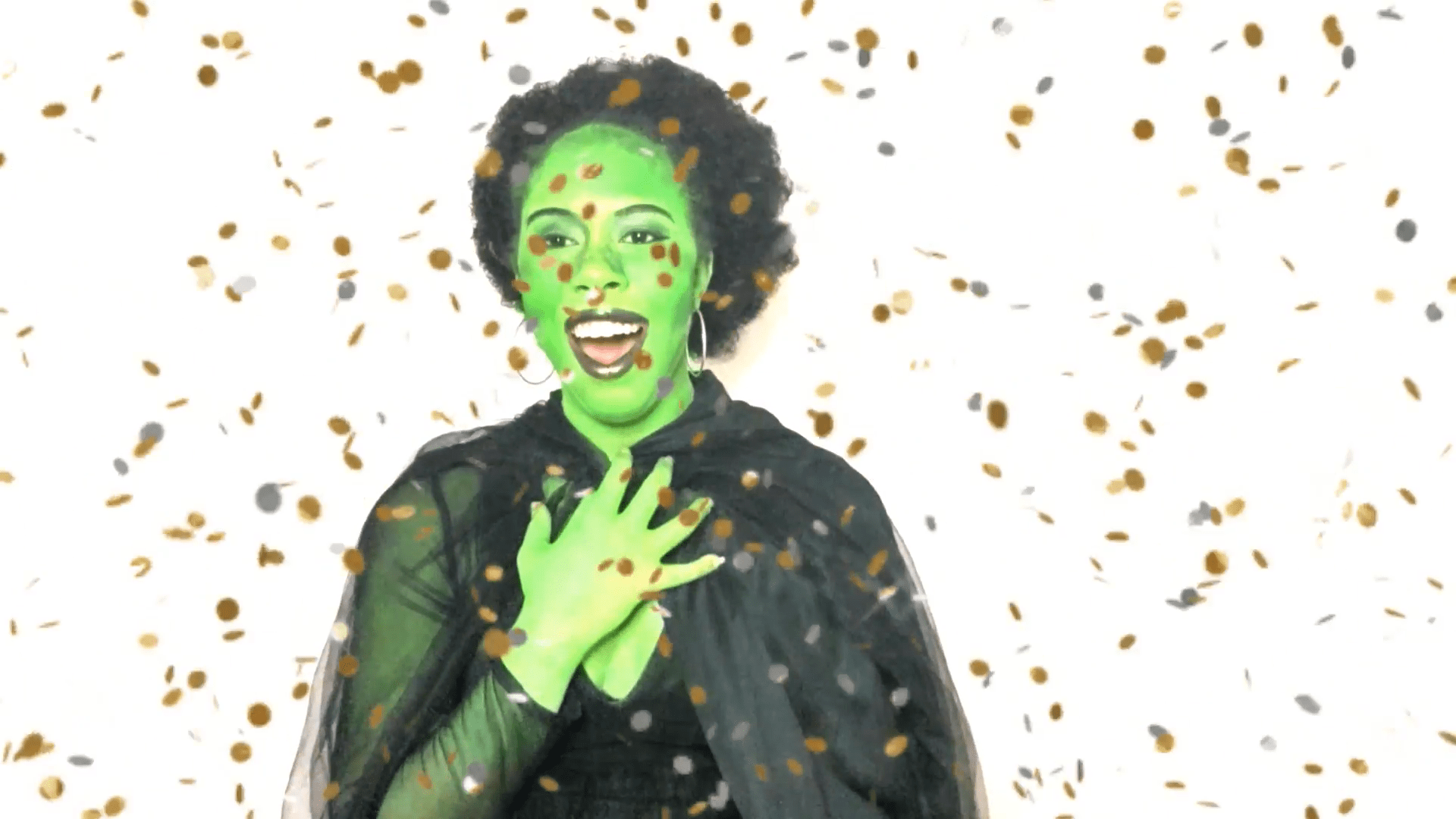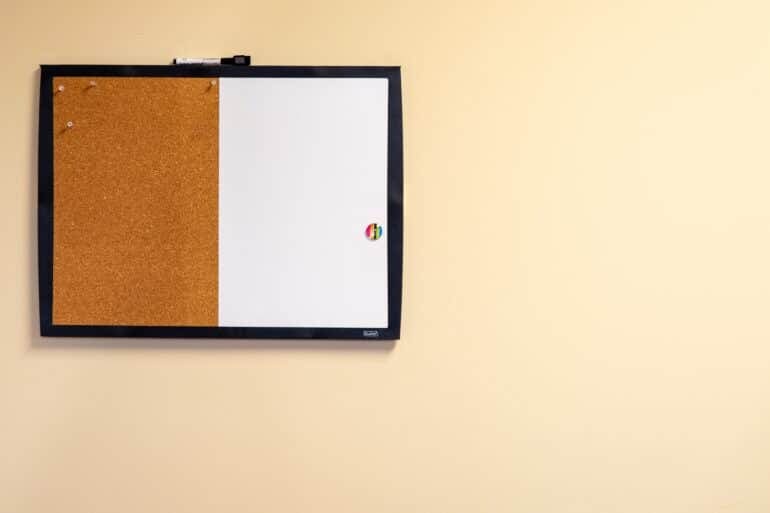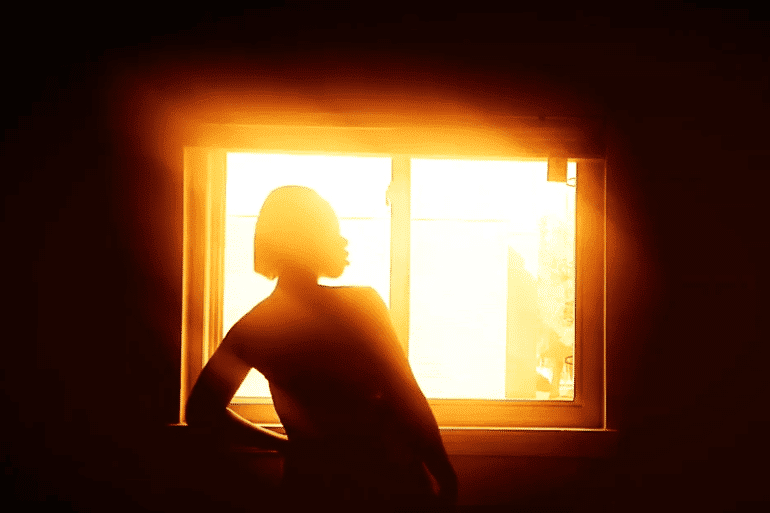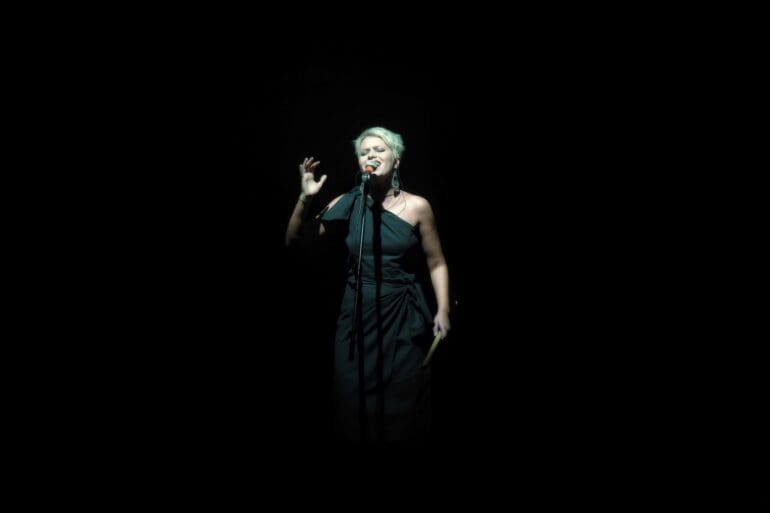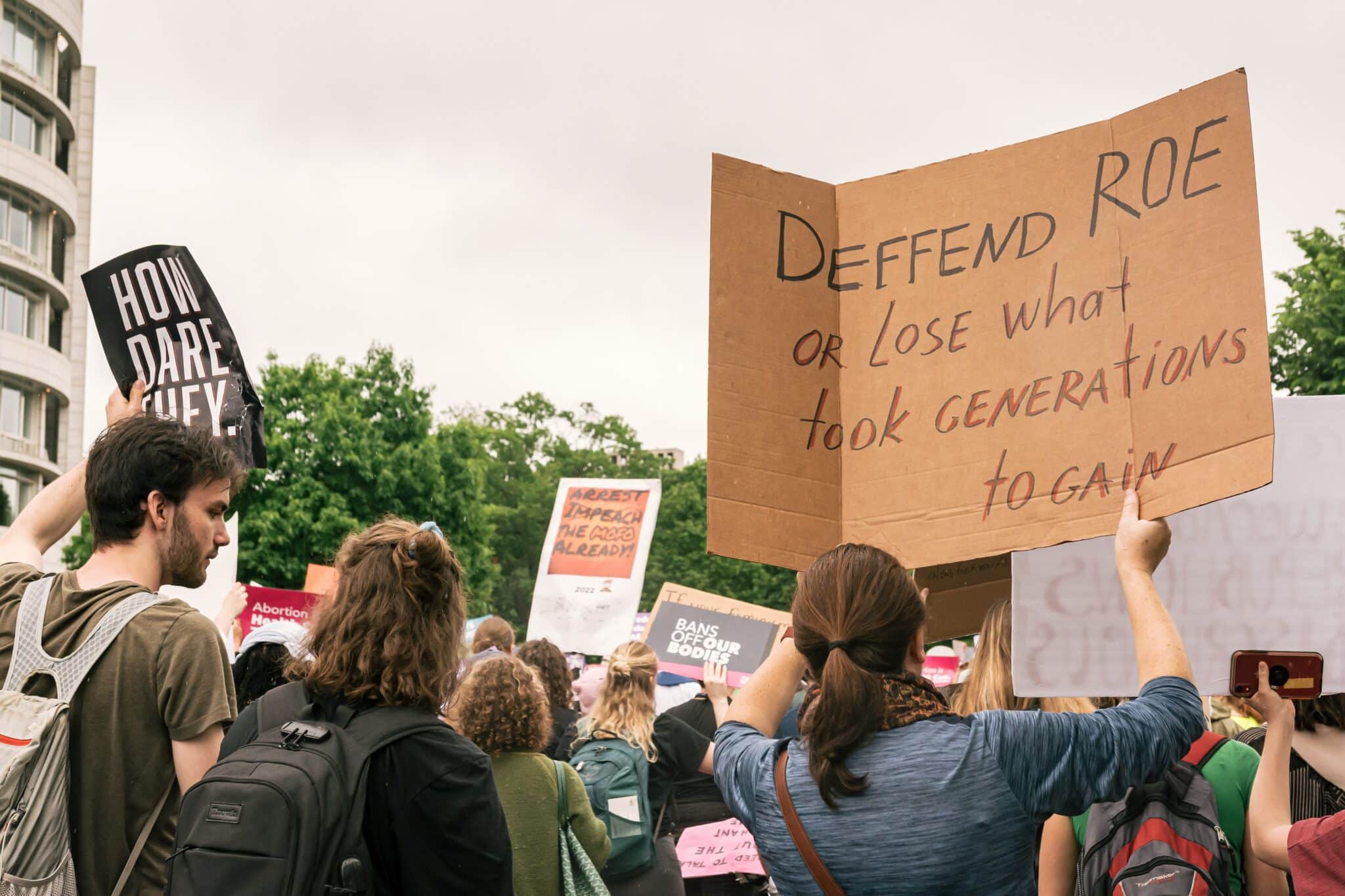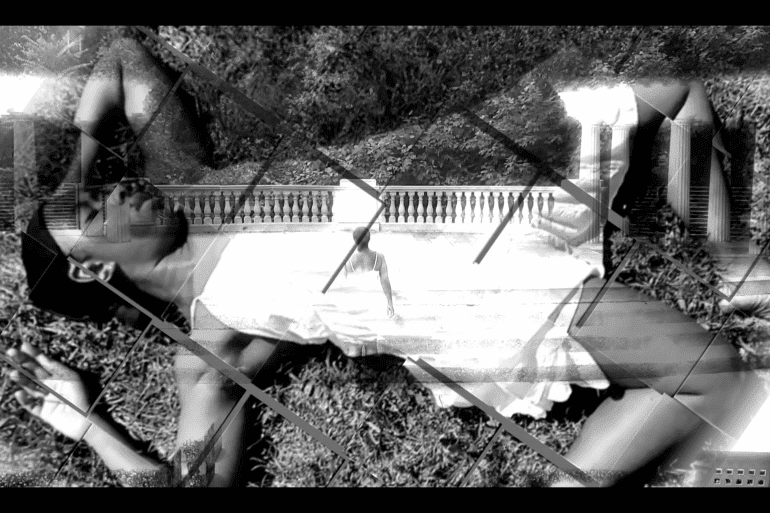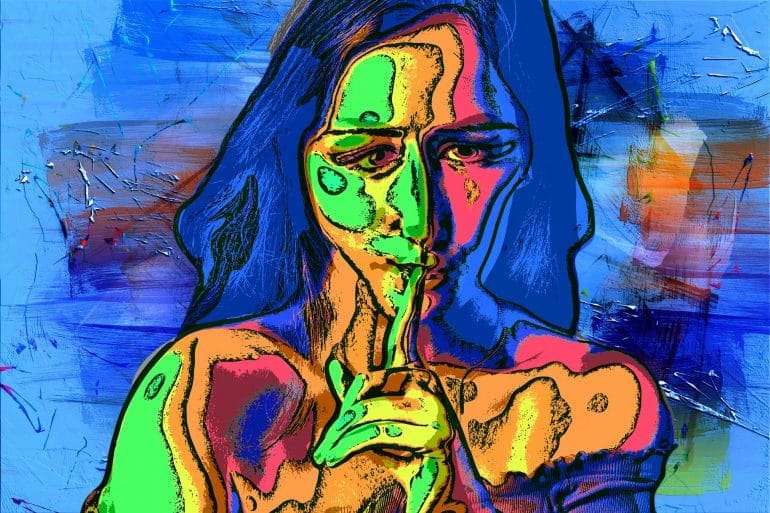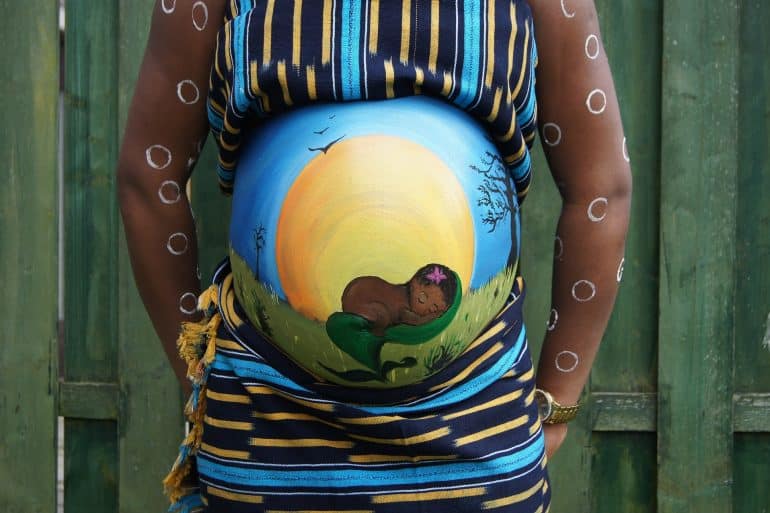What happens when a witch is black? This piece is a salute to the transformational beauty of cosplay & all the laughter it inspires.
A Startling Note: "Looking for Gay Friends" in the Triangle Place narrates a gay man’s experience of sexual awakening on a university campus.
Narrating Estrangement is written by those who have decided to distance themselves from, or have been driven out by, their families.
"My parents drank wine with dinner every night. There’s nothing remarkable about that, but to a kid growing up in Mid-Missouri it was weird."
This autoethnographic account explores the complex relationship between language and identity.
This piece on hair describes how ideas of what is and is not fashionable, as depicted in popular media, can indelibly affect one’s self-perception and identity.
Shanita Mitchell and Marlen Harrison·
All ContentAutoethnographic Art & MultimediaMorePodcastsReflections on MethodVolume 3, Issue 2 (2023)
··18 min readToday we're talking with the award-winning author, researcher, and performer, Shanita Mitchell about performance and autoethnography.
I offer the following five poems to you. I hope that when you read/hear them you see a way into your own stories and ideas of poetic voice.
The process of seeking pregnancy alone (by necessity, not choice) showed me how limited reproductive rights in the U.S. truly are—even before the recent loss of Roe vs. Wade, that policy that had so shaped my generation’s belief in our bodily autonomy.
How do creatives find joy in artistic performance as a form of black feminist autoethnography? Podcast & video.
"My poems for this special issue seek to document a history of my choice, not just personally but humanly, to use autoethnography to weave through the personal and the political."
"This autoethnographic poetry is born of my personal experience, witness, as well as currently chronicled and ancestral lore."


